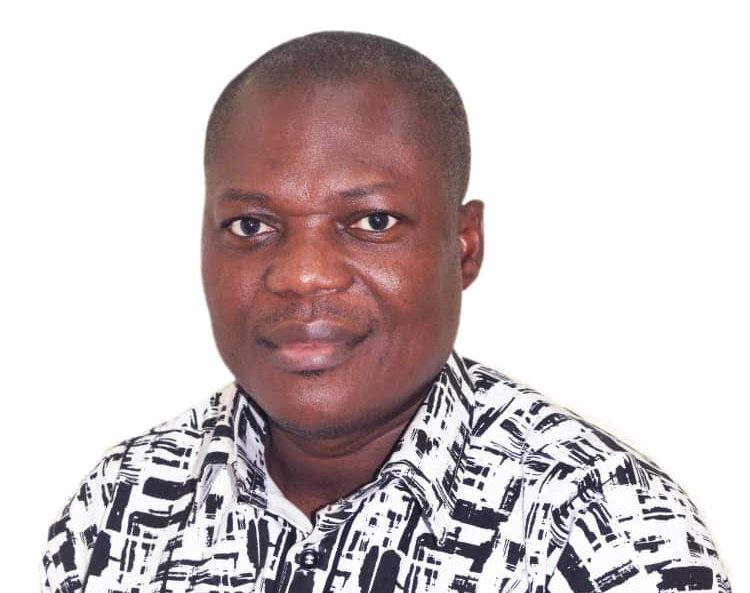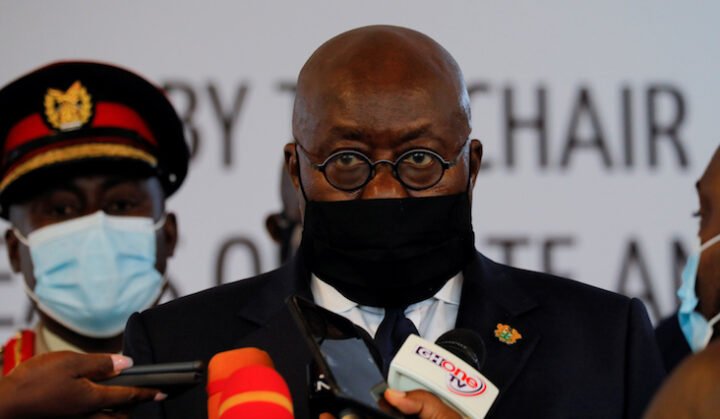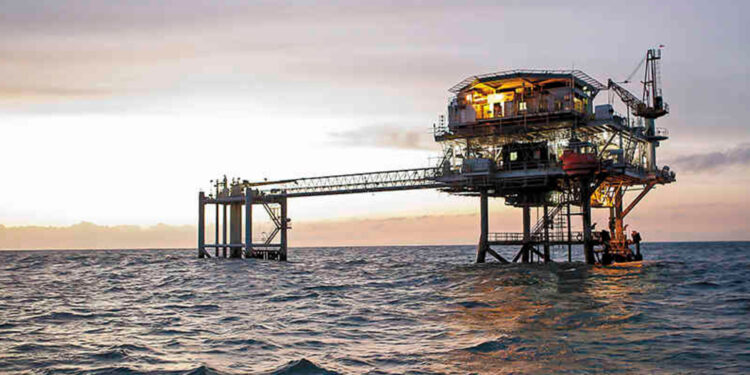Despite all odds, the President of the Republic of Ghana, Nana Addo-Dankwah Akuffo Addo announced on January 3, 2021 that there was going to be a further extension of its free system (i.e. its free water and electricity) for another three months.
Last year’s challenges on the economy were unprecedented and so required unconventional responses by the government to alleviate their impact on households and businesses, including the suspension of tax payments for three months, free water and electricity and the distribution of free food at the epicentres of the virus.
Pundits and Economic Analysts were almost in agreement that the government was going to have a tight fiscal space going into 2021. Therefore, the government’s next action must be to become critical in its spending so as to reduce its rising debt levels.
Particularly, Prof. Gatsi, an Economist and Dean at the School of Business, UCC was of the view that the government’s free water and electricity was only made available for the sake of winning the elections and would not be available to citizens afterwards.
He further noted that, a chunk of the composition of government’s expenditure in 2021 consists debt servicing and payment of emoluments leaving only little space for revenue-generating expenditures.

Dr. Lord Mensah, an Economist and Senior Finance Lecturer at the University of Ghana was also of the view that, these free water and electricity were unsustainable and were going to increase the burden of the citizens later through the increment of taxes. Although, he said this in reference to the stretch of the government’s interventions to cover the last three months of 2020, a further extension into 2021 will to a large extent come at a relatively higher cost to citizens.
More so, for such an unparalleled proportion of interventions, the governor of the Central Bank, Dr. Ernest Addison expressed doubts for their sustenance going into 2021. It could be recalled that the governor remarked that, “At the end of the year, the stage is set to redesign a medium-term macroeconomic framework to return the economy to fiscal consolidation and to further consolidate macroeconomic stability to provide an essential lever for positioning the Ghanaian economy on a path of higher growth, and faster pace of poverty alleviation.”

Economists at Fitch Ratings Agency, an International Ratings Agency had earlier warned of a negative rating action if the government delayed in implementing a credible consolidation strategy after the elections in December 2020. However, this caution is yet to reflect a change in the government’s pace towards fiscal consolidation.
For Prof. Gatsi, this move by the government is not surprising, due to an earlier view that the government is likely to take this path because of its orientation to borrowing. He argued that much of the decision to reconsider policies that will minimize borrowing and ensure better spending of the country’s scarce resources depend on the “orientation and psyche of the managers of the economy.”
Ultimately, the government’s slow move towards fiscal consolidation has the tendency of delaying a faster recovery of economic growth. Certainly, this departure would most likely increase government’s fiscal deficit, thus the suspension of the 5% of GDP deficit ceiling may prove difficult reviewing it to such a level again even for the next couple of years.




















